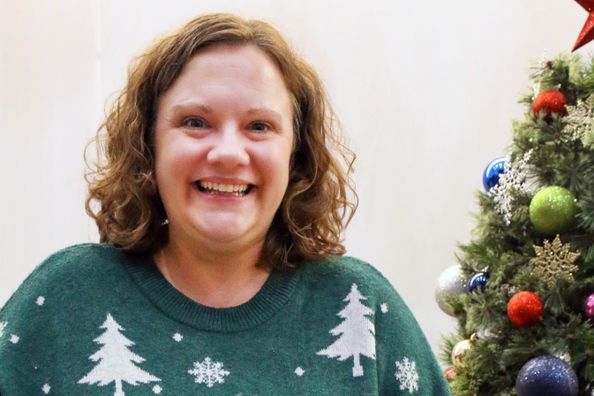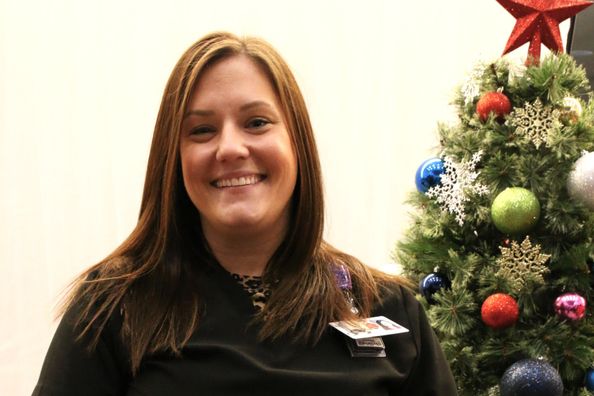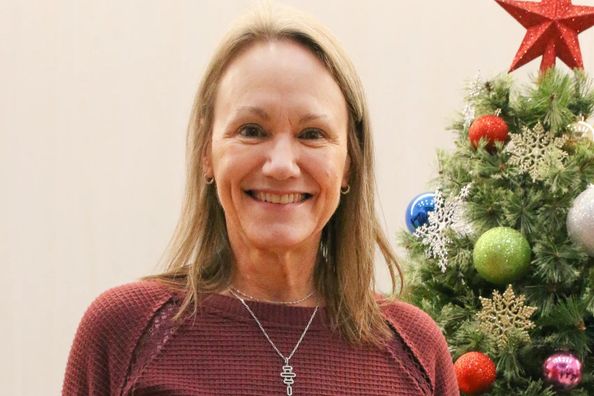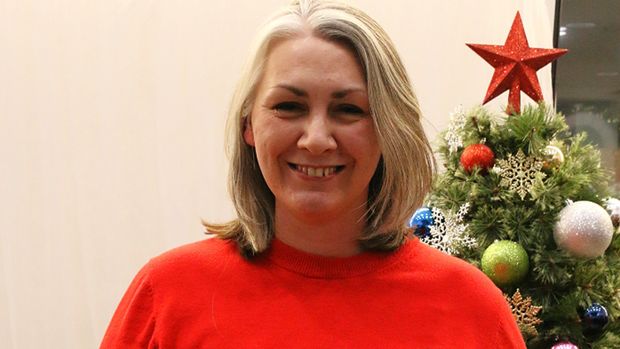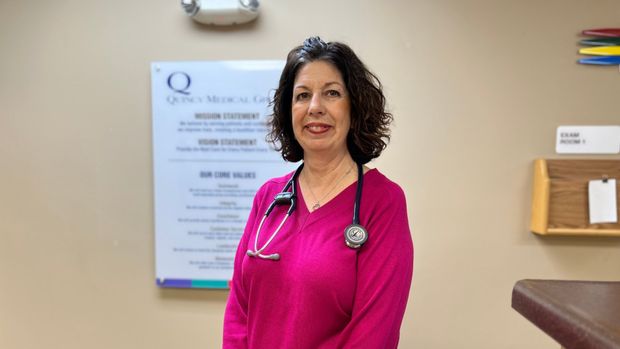In recent years, mental health has become a growing concern among students throughout the world, including in our local communities. With a focus to help students thrive, Clarity Healthcare and Quincy Medical Group (QMG) came together with local schools to create Thriving Minds.
Thriving Minds embeds behavioral health and substance use counselors in schools in Quincy and Carthage. In 2022, the program launched at Quincy Senior High School, Quincy Junior High School, Carthage Primary School, Carthage Middle School, and Royals Academy in Carthage. Counselors with Thriving Minds work hand-in-hand with schools to provide additional support for students.
Clarity Healthcare Executive Director Stacey Juilfs shared, “Clarity’s role in this program is focused on early intervention and substance use, and QMG provides behavioral health interventions for the students. With partnership, we are able to tap each other’s resources and come together as one. This partnership acknowledges students’ needs are comprised of not just mental health and not just substance use but both, and more often than not, these issues co-occur.”
Mental health and substance use counselors work closely with students, providing individualized care for a range of concerns, including anxiety, depression, substance use, and behavioral challenges. This integration of mental health and substance use support within schools ensures students receive the care they need in a familiar setting.
Harrison Clark and Kianna Reed, behavioral health interventionists with QMG, work directly with students on their mental health needs, while Alyssa Gargus and Izabelle McGee, with Clarity Healthcare, provide substance use counseling.
Recognizing that each student is unique, Reed said the Thriving Minds team tailors their support to meet the individual needs of the students.
“Support for students looks different for each one, depending on their need. It could be providing a therapy session, giving them resources and information, providing them with a coping skill, or just having a space for them to process and help get back on track when they are overwhelmed,” Reed shared.
Harrison agreed, “With high school-aged students, it’s always something different. I have never met with two different students and have them have the exact same problem. There is always something different that helps to keep me ready for anything.”
The Adams County Needs Assessment conducted in 2020 showed an increased rate of substance use among local youth. Juilfs says the Thriving Minds program will help address this issue while also promote prevention and early intervention before the issue of substance use becomes a problem.
“Having staff embedded in the schools offers a unique way of providing assistance to not just the students but also staff and parents,” said Juilfs. “School-based services aim to reduce the barrier of transportation and limit the hours the student has to be away from school to receive services.”
The program team understands that student mental health extends beyond the walls of their school. This year, they will offer Youth Mental Health First Aid to parents, teachers, and guardians, encouraging everyone to play a role in supporting young individuals’ emotional well-being.
“Youth Mental Health First Aid introduces participants to the unique risk factors and warning signs of mental health problems in adolescents, builds understanding of the importance of early intervention, and teaches individuals how to help an adolescent in crisis or experiencing a mental health challenge,” Juilfs explained.
For schools, Thriving Minds provides an additional layer of support supplementing the work of school counselors and social workers.
“With a program like Thriving Minds, we are providing an extra hands-on deck for schools, and an extra support person for the students,” Reed said. “We are taking away barriers, such as transportation, financial, and waitlist times and providing services to students who may not have been able to receive therapy otherwise.”
Thriving Minds emphasizes the importance of prioritizing the overall well-being of the younger generation. Through this united effort between Clarity Healthcare, QMG, and local schools, the team hopes to empower students to not only survive but truly thrive both academically and personally.
Reed added, “It is tough to be a kid in today’s world, especially with social media and technology; one of the easiest and best ways I support students, is by simply listening to them, and offering them a little kindness.”
For students and families interested in the Thriving Minds program, the best place to start is with your school counselor, who can help get you started.
Health Topics:


